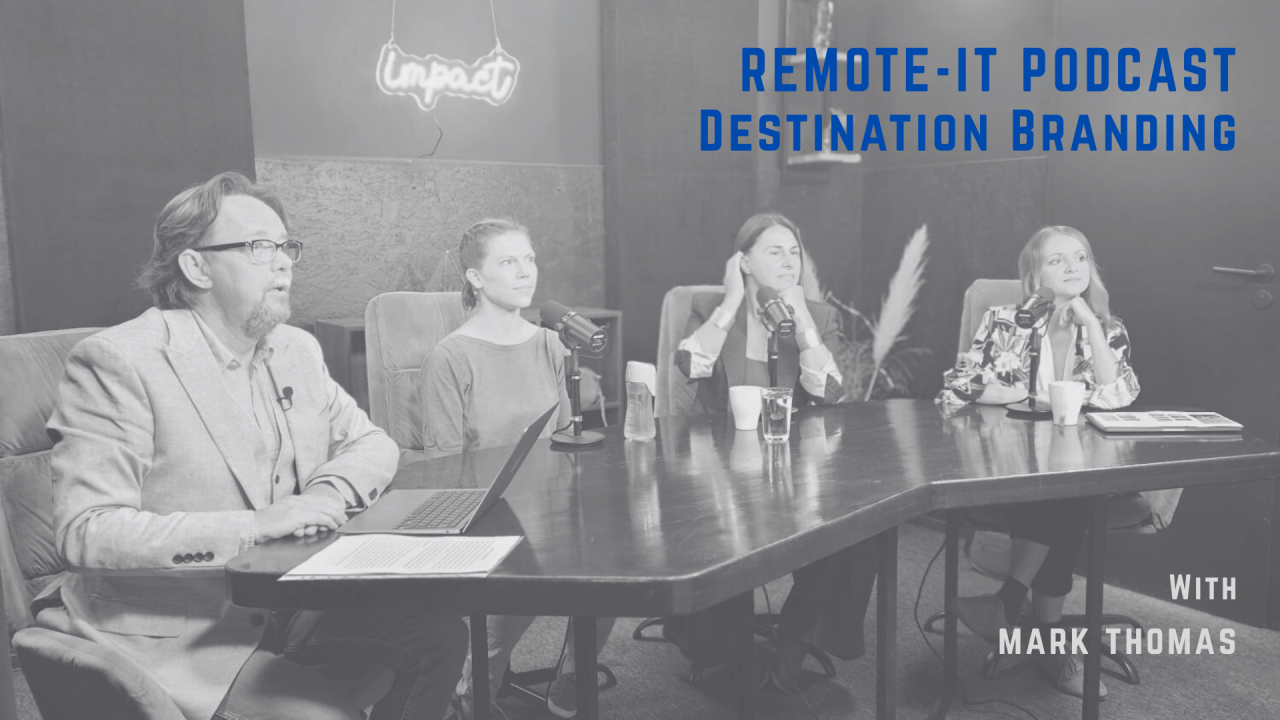Beyond Marketing: Building Authentic Destination Brands
The conversation opens with a key question: What makes destination branding authentic and memorable? The guests agree that the foundation lies in the community - a group of people connected by shared interests that naturally attract like-minded visitors. For instance, Portugal’s surfing culture brings together travelers who share that passion.
As Ana notes, digital nomads seek more than good Wi-Fi and co-working spaces; they crave connection. What matters most is the sense of belonging - the ability to meet people and feel at home. Reflecting on her experience as a digital nomad in Madeira, Ana describes the perfect balance she found between professional focus and a fulfilling social and outdoor life. Hildegard emphasizes that identity must remain at the core of destination branding. "A great destination is like a charismatic person—it makes an impression simply by being present," she explains. True identity, she adds, is built on the “small noises” of everyday life: local customs, people, and traditions that give a place its unique rhythm. Memorable travel experiences must engage at least two senses, leaving lasting impressions that transcend visual beauty alone. However, JoAnna warns against fabricating authenticity to satisfy visitor expectations. Authenticity must belong to the local people, it cannot be manufactured or imposed from the outside.
The discussion then turns to how destination branding can extend beyond marketing to influence policy and urban planning. Hildegard highlights the importance of focusing on the software - the people driving change, rather than just the hardware of infrastructure. She underscores the need for collaboration between government and private sectors, citing Romania as an example of an “underpromised, overdelivered” destination that pleasantly surprises visitors. Mark adds an insightful metaphor: "Branding is like steering an oil tanker." It takes time to turn, and every move must be deliberate.
When it comes to overbranding, JoAnna cautions that destinations often focus on the benefits of attracting digital nomads without considering the potential impact on local communities. Some places may appear ideal on paper but lack the cultural readiness or infrastructure to support such a transformation. Ana shares her experience from Bali, often marketed as a paradise for digital nomads. She points out the dissonance between the privileged lives of nomads and the struggles of local residents, creating a visible divide that undermines genuine community integration.
Ultimately, the group agrees on one measure of successful destination branding: local satisfaction. A place that is good for tourists must first be a good place for its residents.


